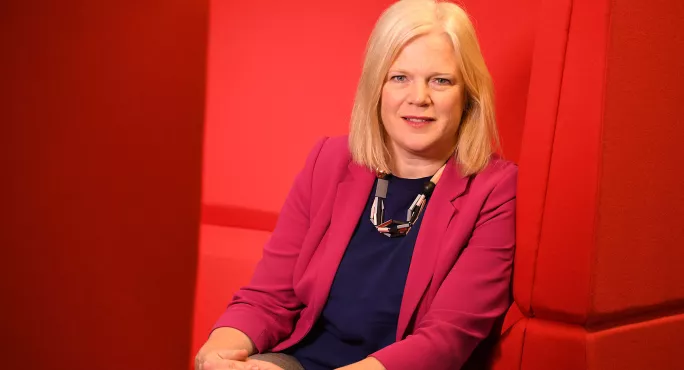Pupils should not be put off applying to universities which are reported to be under severe financial pressure, the chief executive of Ucas has said.
Clare Marchant told Tes that pupils should make their decisions based on factors such as course modules and accommodation costs rather than “the financial health of the institution”, and that Ucas had plans in place to help students were a university to go under.
The Ucas deadline for students applying for the majority of undergraduate courses starting in September is on Tuesday.
There have been reports in recent months that plummeting student numbers at some universities have caused deficits to balloon and pushed some institutions to the brink of bankruptcy.
Universities are engaged in intense competition for applicants due to a reduction in the size of the 18-year-old population in the UK and the decision by the government in 2015 to remove the cap on how many students each university can admit.
Asked by Tes whether students should think twice about applying to institutions which are reported to be experiencing financial difficulties, Ms Marchant said: “No.”
She went on: “My advice to students and parents and teachers - because often they’re in a highly supportive role - is to do your research. You don’t make your decision based on what’s reported in the media… Ultimately make your decision based on the subject, based on the place you want to go, based on student feedback.”
Ms Marchant said the “things that determine” student choices would be “the modules in the course, what’s the place like, the accommodation costs” and not “the financial health of the institution”.
If a university did have to close a department because of financial pressure - or if an organisation collapsed entirely - Ms Marchant said she could give “reassurance for students” that the Office for Students would act on their behalf and “Ucas will be there to provide information and advice”.
Asked by Tes whether Ucas had contingency plans for a university going into liquidation, she said: “We scenario plan pretty much every eventuality and that one would be in there. We scenario plan things around Brexit, we scenario plan things around government policy.”
She added: “Students having to switch part way through a course at volume to another institution we scenario plan, and we do that on a regular basis.”




